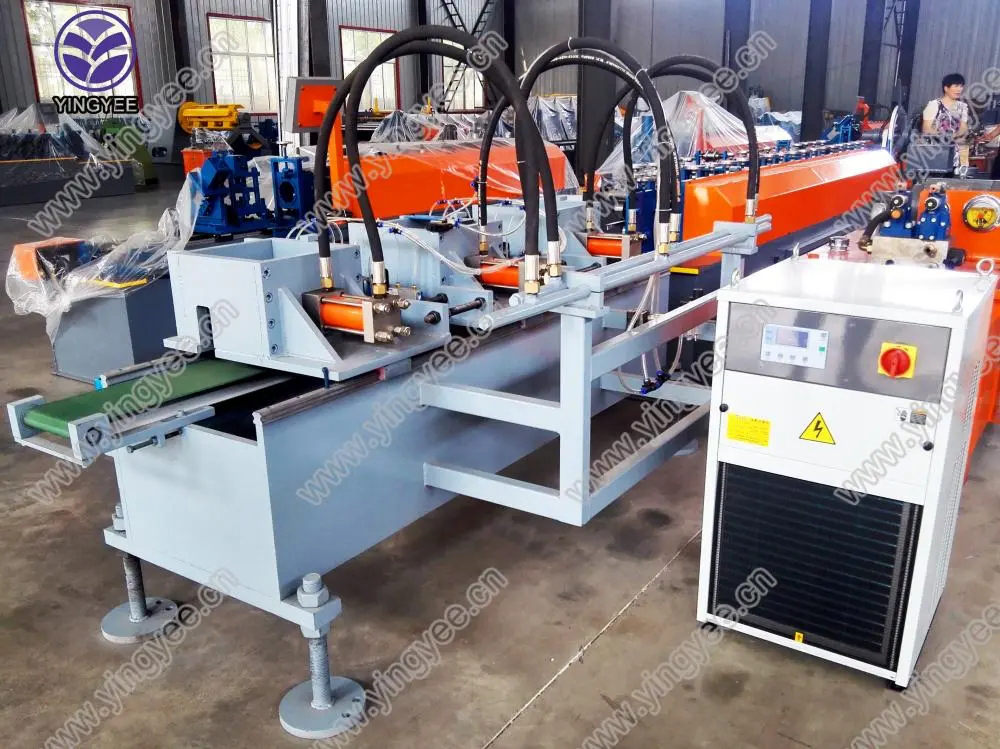
Stud and Track Drywall Forming Machines Revolutionizing Construction Efficiency
In recent years, the construction industry has witnessed significant advancements in technology, leading to the development of specialized machinery that enhances efficiency and accuracy in building processes. Among these innovations, stud and track drywall forming machines have emerged as essential tools for modern construction projects. These machines are designed to streamline the manufacturing of metal studs and tracks, which are critical components in drywall installation.
Stud and track systems are integral to the framework of walls and ceilings in both commercial and residential buildings. Traditionally, the process of creating these components involved time-consuming manual labor, which could introduce inconsistencies and delays. However, with stud and track drywall forming machines, the industry can benefit from a level of precision and speed that was previously unattainable.
These machines operate on a straightforward principle they take metal coils and feed them through a series of rollers and cutters that shape the material into the desired profiles. The automation of this process means that manufacturers can produce high volumes of studs and tracks quickly and consistently. This not only reduces labor costs but also minimizes waste as the machine can be programmed to optimize the use of materials.

One of the standout features of stud and track drywall forming machines is their versatility. They can be adjusted to create different sizes and shapes of studs and tracks, accommodating a wide range of construction needs. This adaptability makes them an invaluable asset for contractors who work on diverse projects, from simple residential homes to complex commercial structures. Moreover, the ability to produce custom lengths and styles on demand allows builders to respond effectively to client specifications without the need for lengthy lead times.
Efficiency is not the only advantage offered by stud and track machines. The use of metal frames provides several benefits over traditional wood framing. Metal studs are non-combustible, resistant to warping, and impervious to pests like termites. This durability contributes to the longevity and safety of the structures being built. Additionally, metal framing offers design flexibility, allowing for wider spaces without compromising structural integrity.
Furthermore, many modern stud and track drywall forming machines are equipped with advanced technology such as CNC (Computer Numerical Control) systems. These systems enhance precision, enabling the machine to follow intricate designs and patterns with impeccable accuracy. This level of control not only reduces the potential for errors but also enhances overall project quality.
In conclusion, stud and track drywall forming machines are transforming the construction landscape by improving efficiency, reducing labor costs, and enhancing the quality of building materials. As the industry continues to evolve, the integration of these machines is likely to become standard practice, setting a new benchmark for speed, precision, and reliability in drywall installation. As construction professionals seek innovative ways to improve their workflows, embracing this technology will be essential for achieving success in a competitive market.